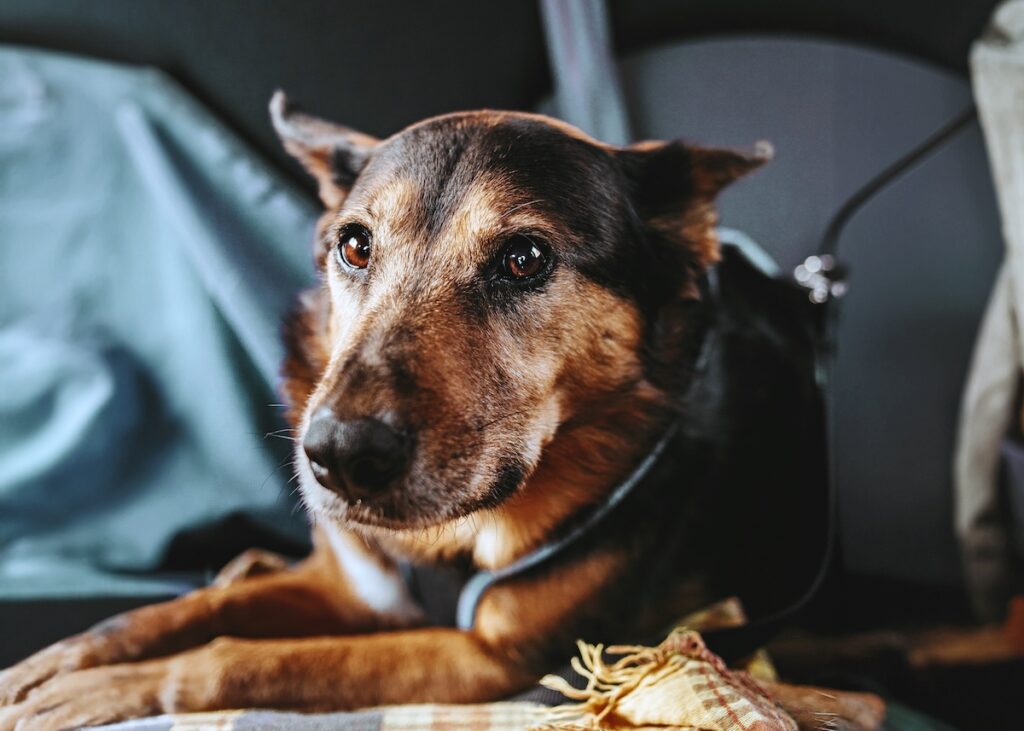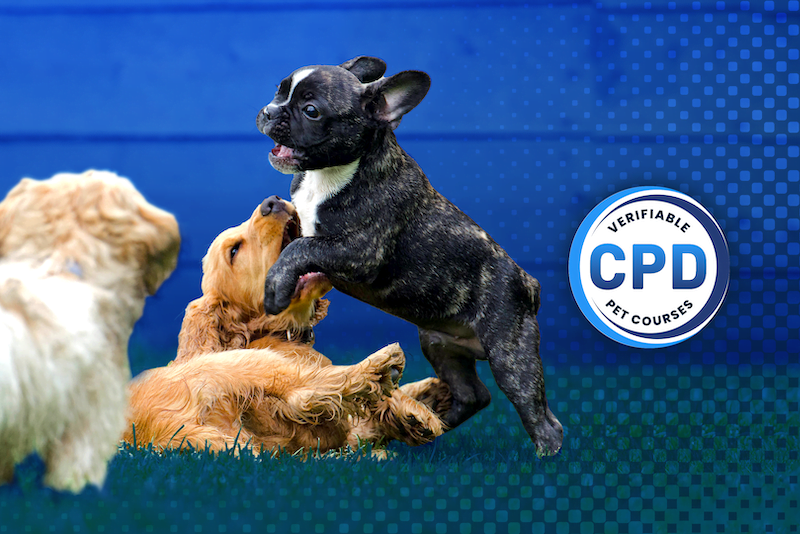Handling Your Dog’s Car Anxiety
 AveCalvar/Pixabay.com
AveCalvar/Pixabay.comPacking up the car for a holiday or day’s outing with our dog should be something to look forward to. Unfortunately, for some dogs this isn’t the case.
Problems can involve:
- Motion sickness
- Associating the car with an unpleasant experience (going to the vets or kennels)
- Over-excitement and movement chasing
What can we do to help?
- If your dog salivates, pants and looks miserable, it’s likely they feel sick. Ask your vet about medication that addresses this problem. www.cerenia.com is a product that can help. There is also some useful advice on car travel on their website.
- For fear, associate the car with pleasant experiences. Give them treats in a motionless car. Play with them by opening all the doors and throwing a ball through them. This encourages the dog to enter the car to retrieve it.
- Gradually build up their confidence. Follow step 2 but start the engine.
- Work towards getting them in the car and when they can tolerate that, move it a short distance. Provided they do not show fear, slowly increase the journey time. Remember to continue with the rewards.
- For movement chasers- consider using a covered travel crate. Remember to follow the tips for crate training: http://www.peteducationandtraining.co.uk/how-to-crate-train-your-dog
- Adaptil spray is a pheromome product that may help induce calm behaviour. It has also been shown to reduce stress and nausea. Spray it on a blanket in the car or on a bandana a few minutes beforehand
- For over-excitement, introduce car travel on the way back from a walk, or..
- Take them on very short journeys but to no where in particular. That will help your dog to stop predicting that they are going somewhere exciting so they gradually become less aroused every time they go in the car
- For dogs that are fearful of car travel because it represents a trip to the vet – try taking them to exciting places too!
- Remember: Dogs should always be harnessed or secured during travel to prevent injury and interfering with the controls
For dogs with severe problems it is a good idea to get some help from a suitably qualified behaviour counsellor who can help with desensitisation and counterconditioning techniques.
I may receive commission when you click Amazon links on this page and make a purchase. However, this does not impact my recommendations, reviews or comparisons.
Want to learn more?
Here’s a selection of our courses which may help with with canine fear and anxiety:
8 Modules
Advanced Certificate in Canine Fear, Anxiety & Aggression
- Accredited Course
- 4 Hours of Webinars
- Downloadable Resources
- Certificate of Completion
- Lifetime Access
5 Modules
Running Successful Puppy Socialisation Events Webinar
- Recorded Webinar
- Downloadable Resources
- Certificate of Completion
- Lifetime Access
6 Modules
Introduction to Pet Anxiety Webinar
- Recorded Webinar
- Downloadable Resources
- Certificate of Completion
- Lifetime Access





